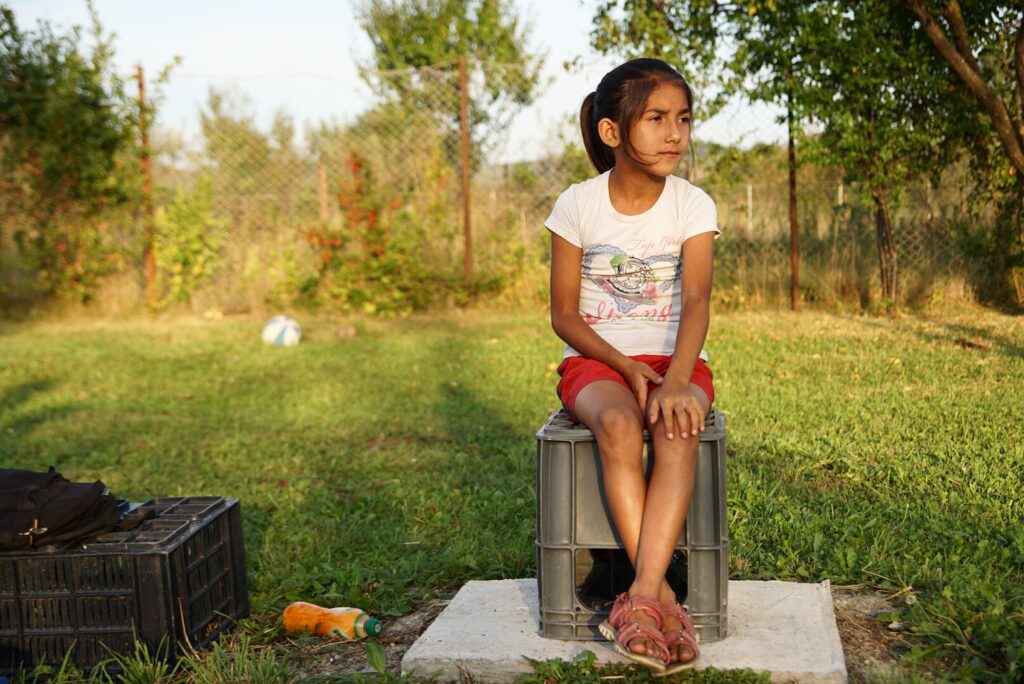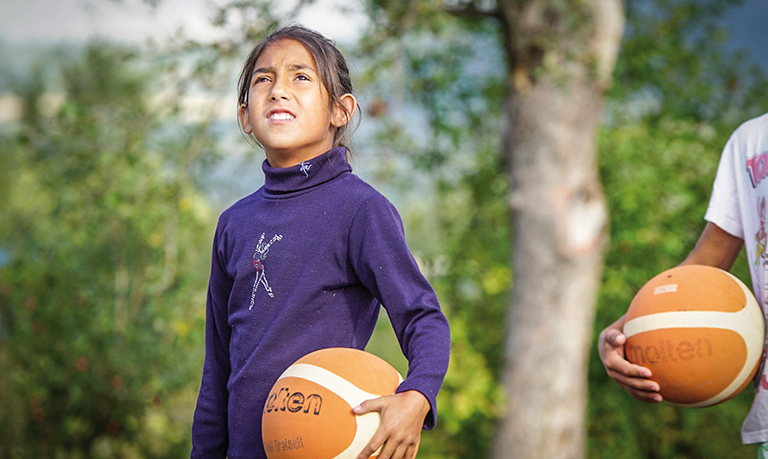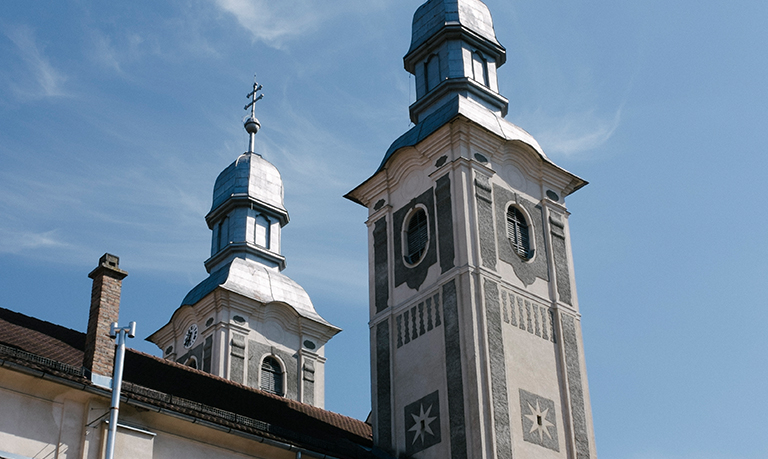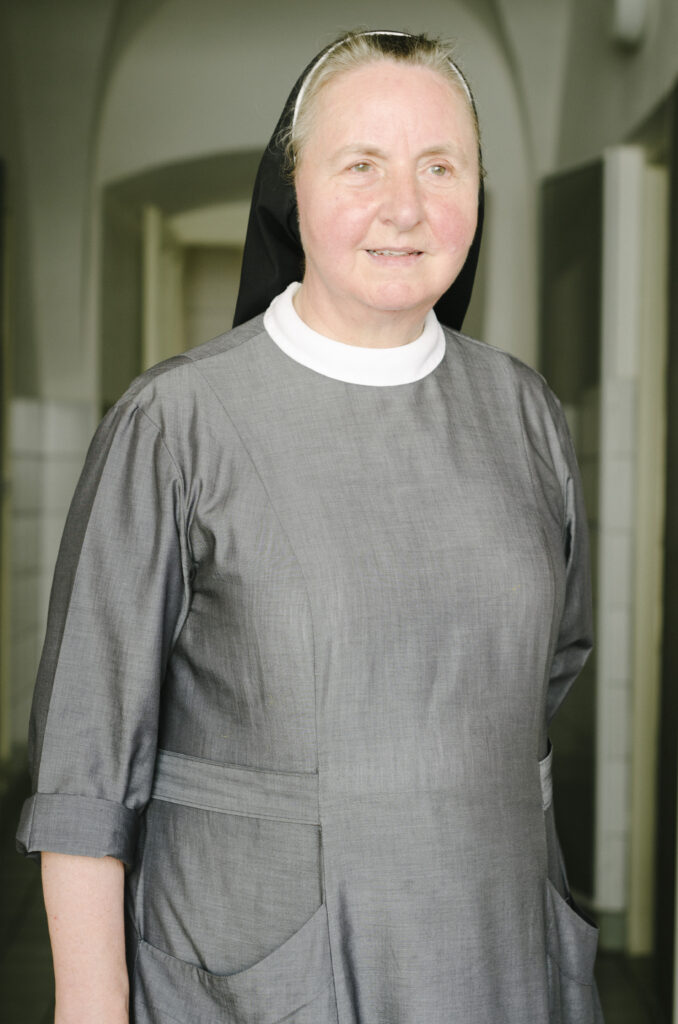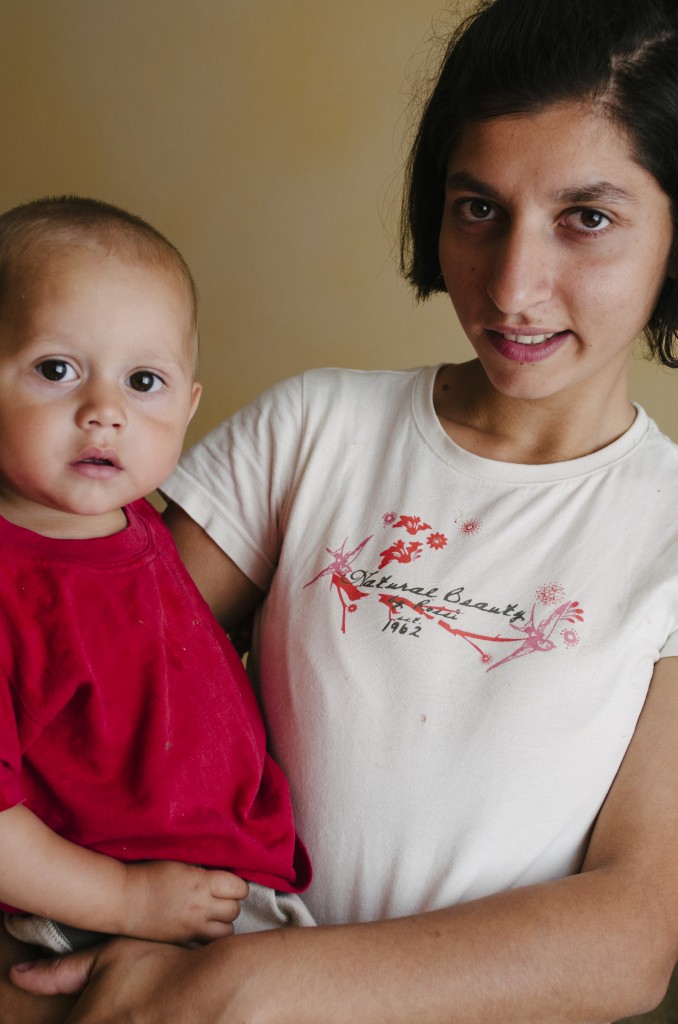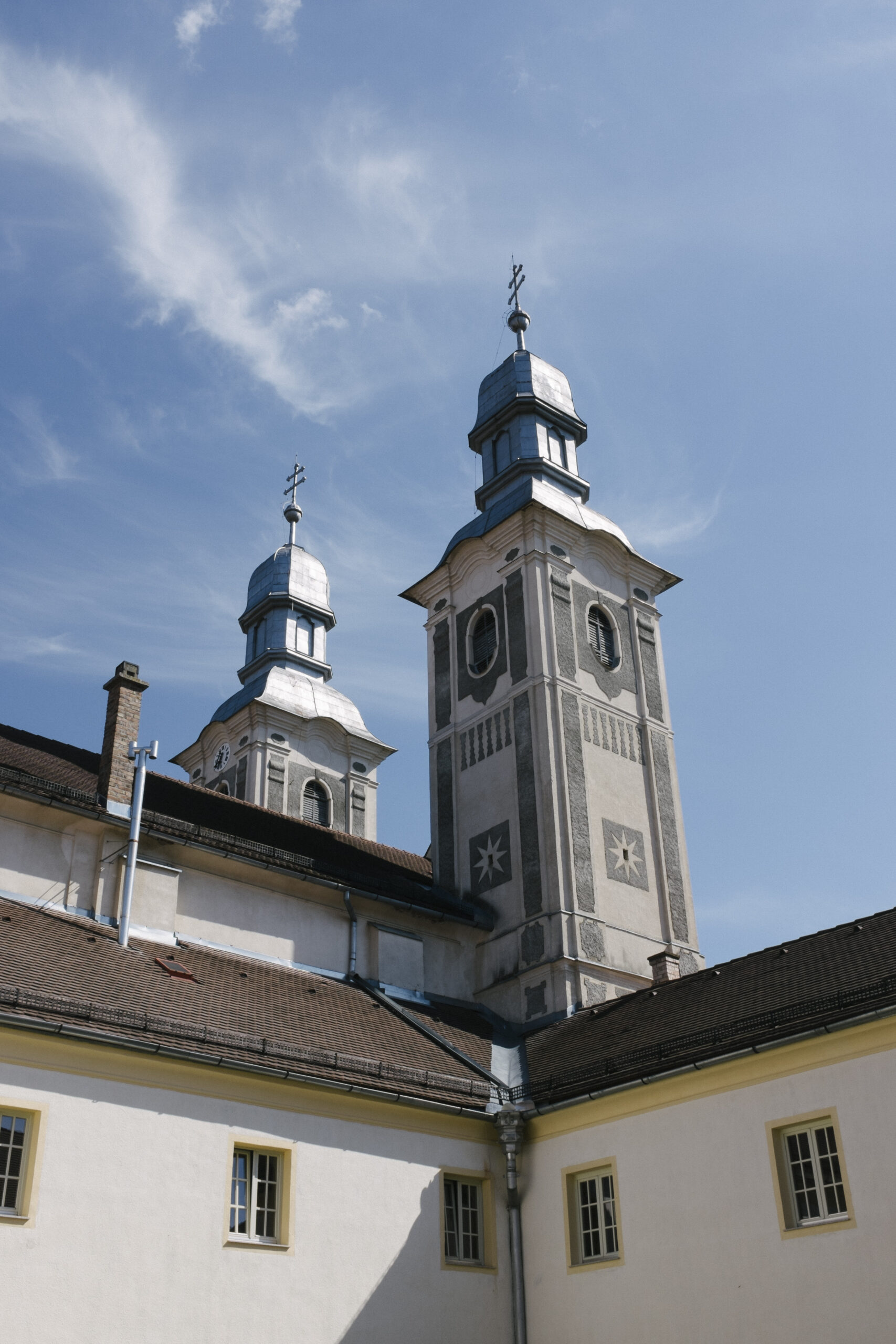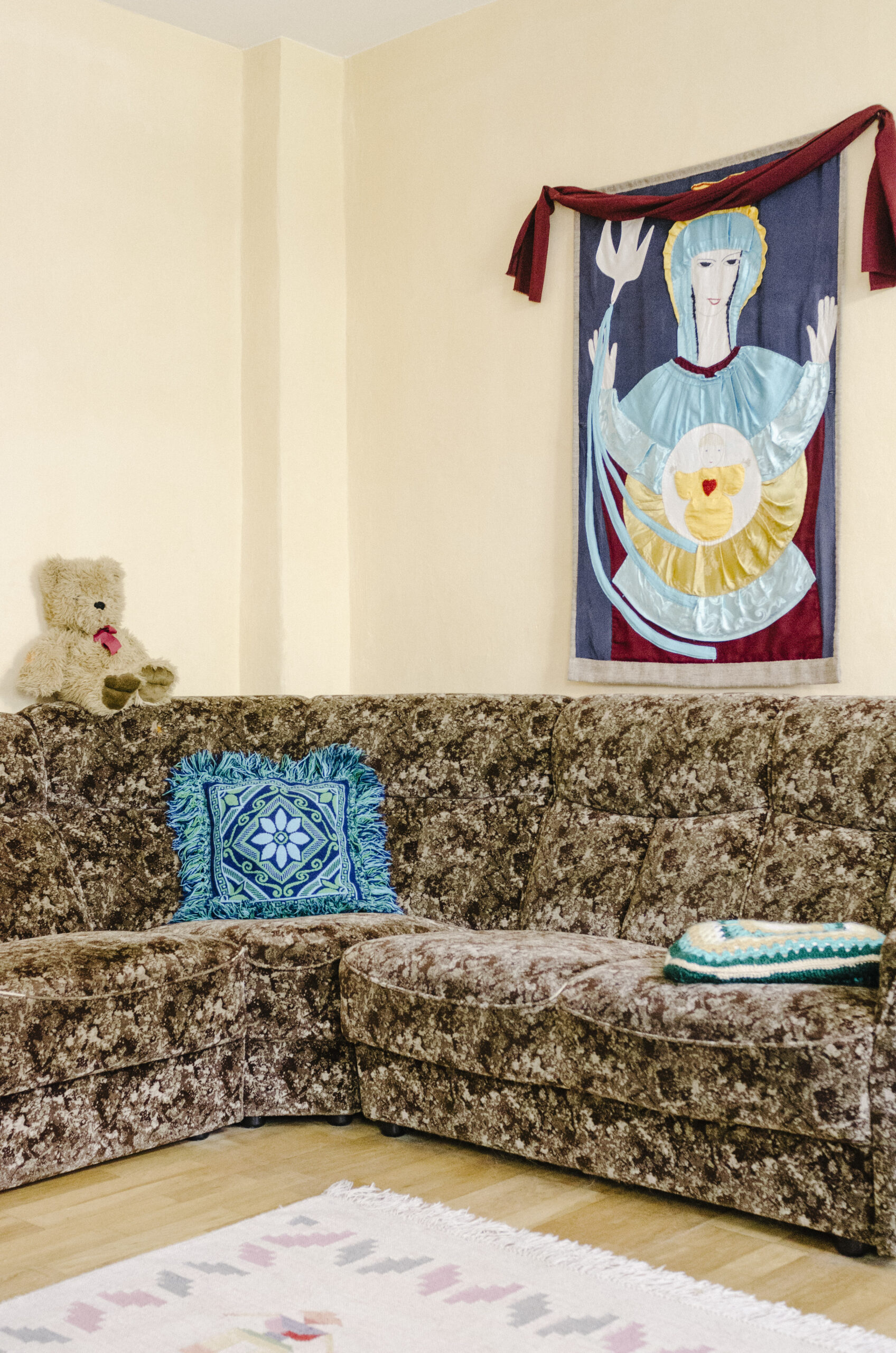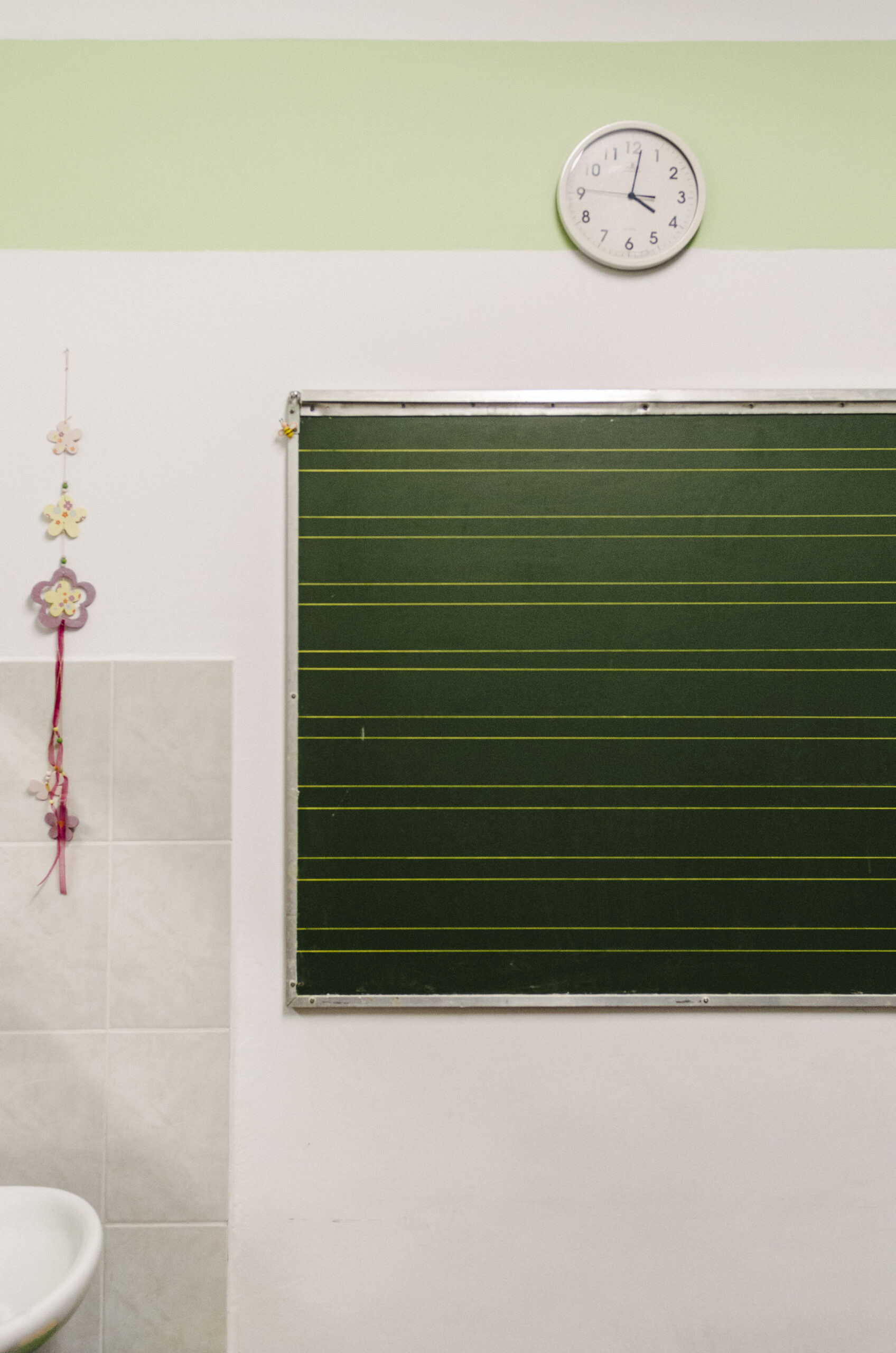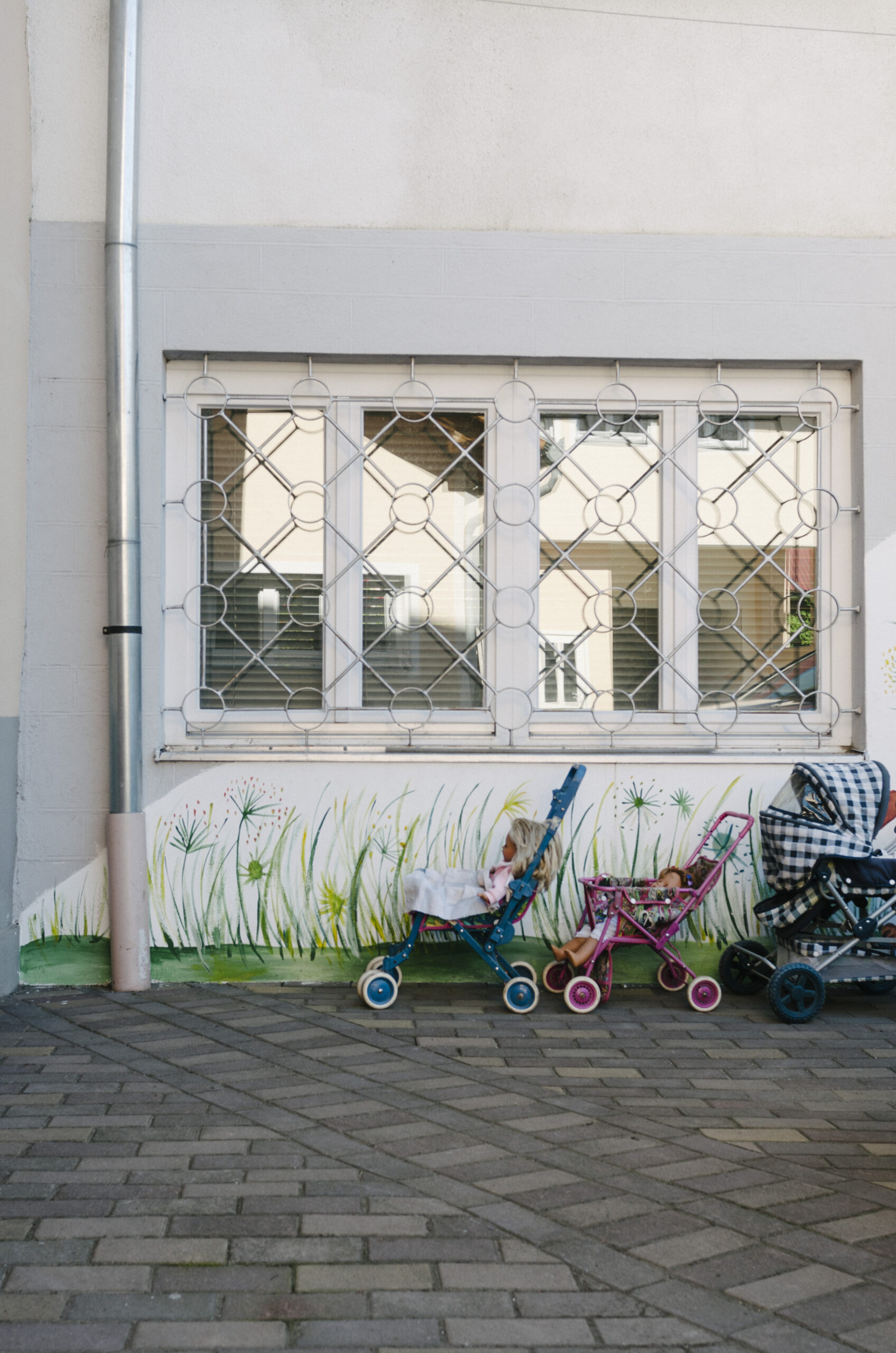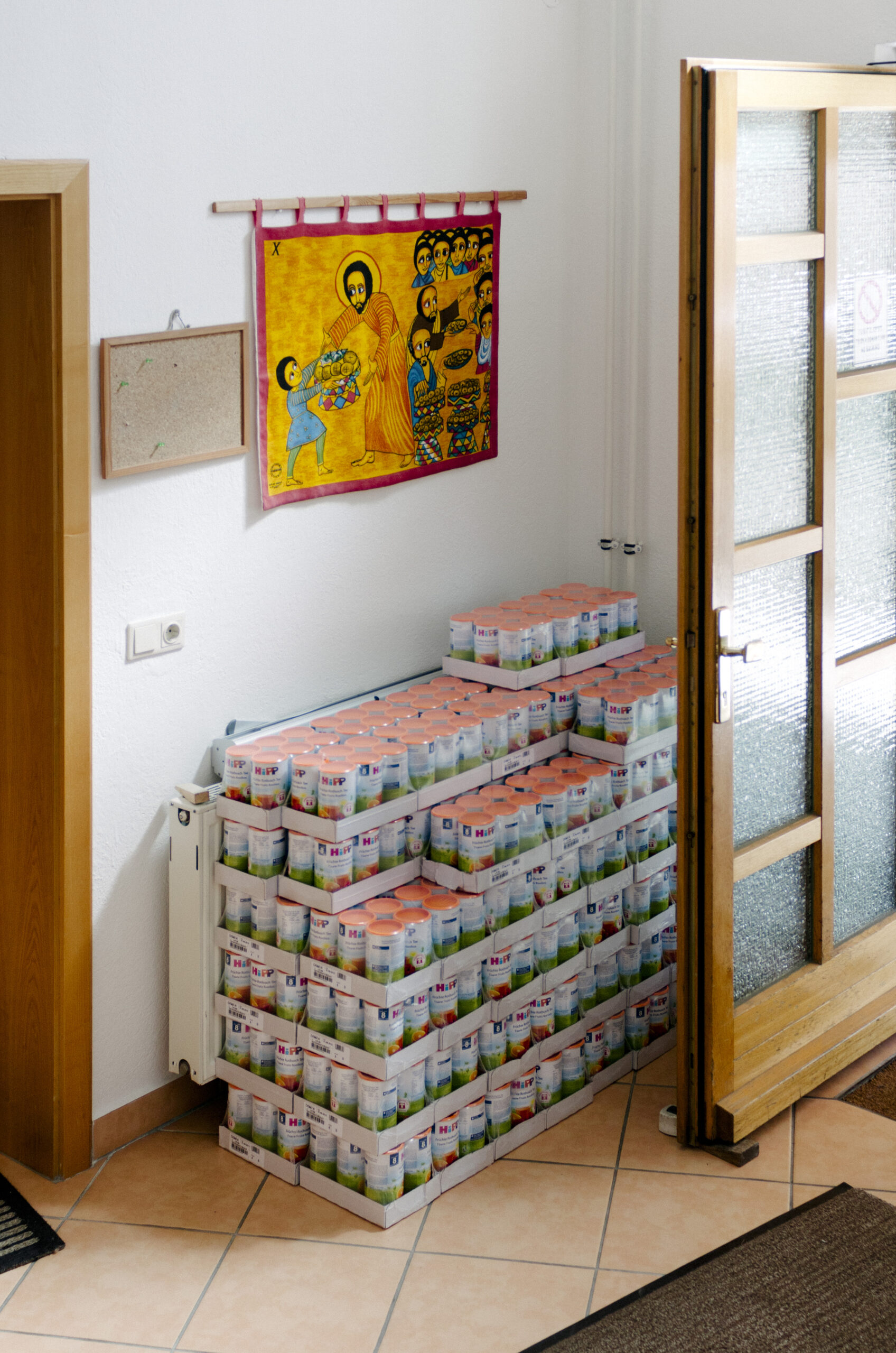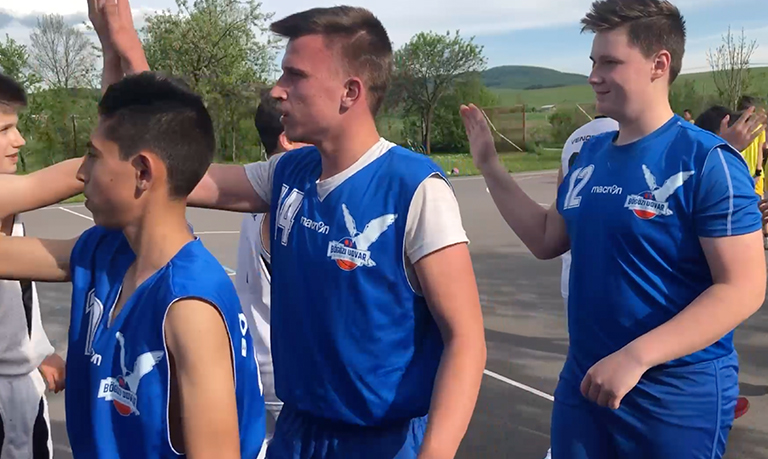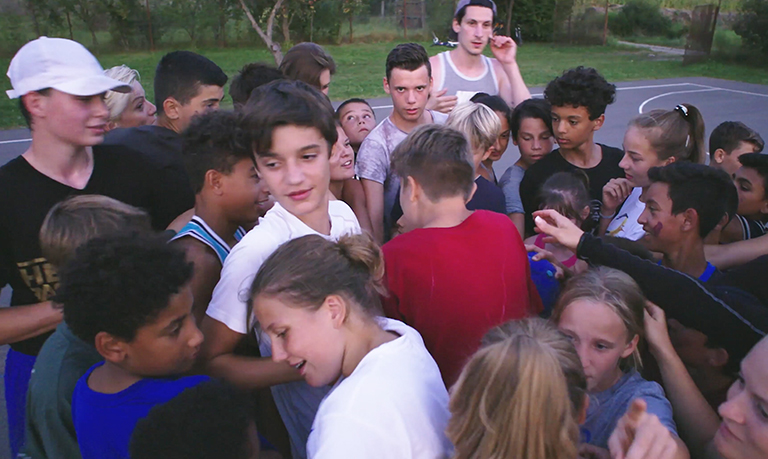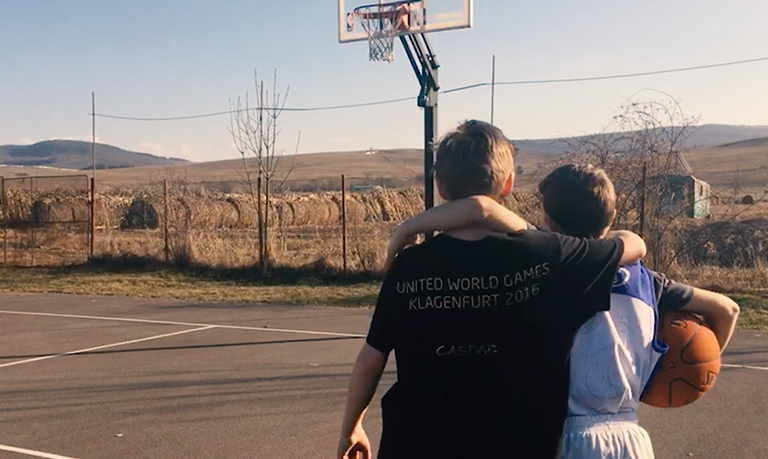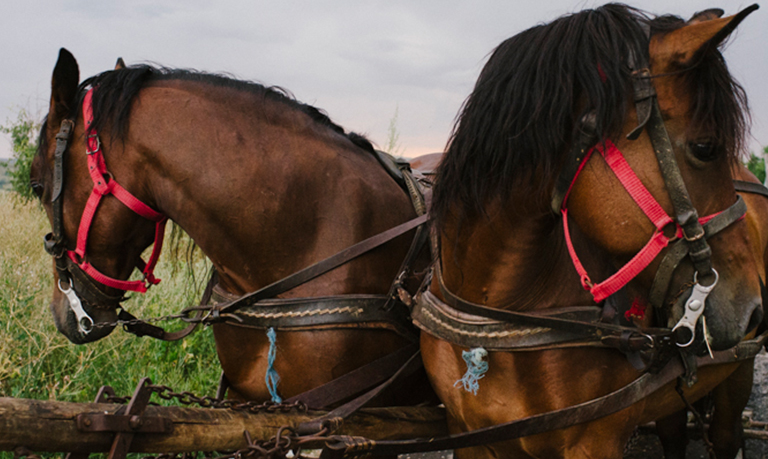Orsi is 15 and has lived in Bögöz, a village in Romanian Transylvania, since she was born. Orsi‘s mother belongs to the Roma minority, her father is a Szekler, a Hungarian minority in the middle of Romania.
Orsi has a total of 7 siblings, 3 younger and 4 older. Until 2021, she lived together with her parents and 4 siblings in a small house in the middle of Bögöz. For many years, only one room in this house was habitable, in which all 7 people stayed during the day and at night. Her entire childhood was marked by poverty combined with cold in winter, hunger and lack of prospects. Her father worked as a shepherd in a nearby village and was only at home in autumn and winter. Due to his alcoholism, he terrorised the family during his presence in the form of verbal arguments and domestic
violence. The little money he earned was regularly invested in alcohol and cigarettes, so that the mother had to work alone as a day labourer to keep the family afloat. Orsi often has to look after the small children while the mother dragged firewood or painted walls for other families for a little money. Often the food was not even enough for a warm meal a day. „Despite having little schooling, living a life of hardship and struggling to survive every day, this mother has always shown an incredible love for her children,“ says Sandy from Germany, who has been coming to the village regularly for many years and always looks after Orsi and her family.
In 2021, her father died and left the family with huge debts.

When the basketball project in Bögöz started in 2015, we were first able to convince her brother, who was 11 years old at the time, to take part in the training sessions. At the time, he was the only Roma who trained regularly. With the help of the coaches, he was accepted by some of the players, but still often had to deal with prejudice and verbal attacks. During one of our summer camps, Orsi accompanied her brother as a spectator and watched from the sidelines during training sessions. In 2017, we invited younger children from Bögöz to our summer camp for the first time. Orsi was there and so were many other Romas from Bögöz. Orsi was happy, loved every moment, but was shy and reserved. She did not talk much.
Shortly after, we organised regular trainings also for the younger children in Bögöz. From that Orsi became a basketball player and only missed a few sessions. „Orsi loves basketball training,“ says Ida, her mother. „I am glad she goes there and I let her too.“ In the meantime, she has already been allowed to participate in several friendly games and smaller tournaments.
Her coach sums it up: „I remember the first time Orsi went with us to Kézdivásárhely, where she was supposed to play her first match against another team in their big sports hall with stands and a parquet floor. There is a moment shortly after she put on her jersey for the first time and enters the hall with it. She stands a little shyly on the floor, but looks down with pride at her jersey. I will never forget this moment. Katalina seems to have perceived this moment with similar intensity and pressed the camera shutter at that exact moment.“ Thanks to trained and unbiased coaches, it was possible to integrate both Roma and Szekler children into the basketball teams very quickly and with few obstacles. The social background does not play a big role here. The children quickly understood what team spirit means, even without their own or their parents‘ previous experience. Orsi has found her place here, is open-minded and has developed great self-confidence.
Orsi has been playing basketball in Bögöz for 4.5 years now. After we decided to train our own coaches for the future as part of our VALYOUNITY project, we quickly turned our attention to her. Early on, she had to patiently take care of her siblings. Orsi has also always been reliable and her enthusiasm for the sport was also known to all. So she also quickly liked the idea, even though she was sceptical at first whether she could do it at all.
Coach Levi, coach of the younger kids encouraged her saying, „Don‘t worry Orsi. We are taking this slowly and you have my full support.“ The messages in the parents‘ messenger groups show us that Orsi is also respected by the parents. For example, she regularly informs parents about the departure times from the hall in town back home so that parents can pick up the children from the bus in time. They regularly thank her for the commitment. A few weeks later, Orsi writes to the project leaders in Germany: „I feel very comfortable with the children. I like them very much. They are good children, listen well. There are days when they are less receptive, but we usually find a solution. Lately I have found very good exercises that the children like very much.“
Orsi has arrived. She has friends from different social backgrounds, she is accepted and respected and has enough self-confidence now to be able to counter if she is verbally attacked. Like all our coaches, Orsi gets paid for her time with the basketball kids. It makes her proud to have a job that she enjoys and that she can even use to support her family.
In the future we would like to educate Orsi more intensively as a Basketballcoach. We think that Orsi will stay in Bögöz as an adult. On the one hand, we see her as a coach for the Bögöz teams, and on the other hand, we can well imagine that she can and will take on other roles in the organisation of our project later on.
